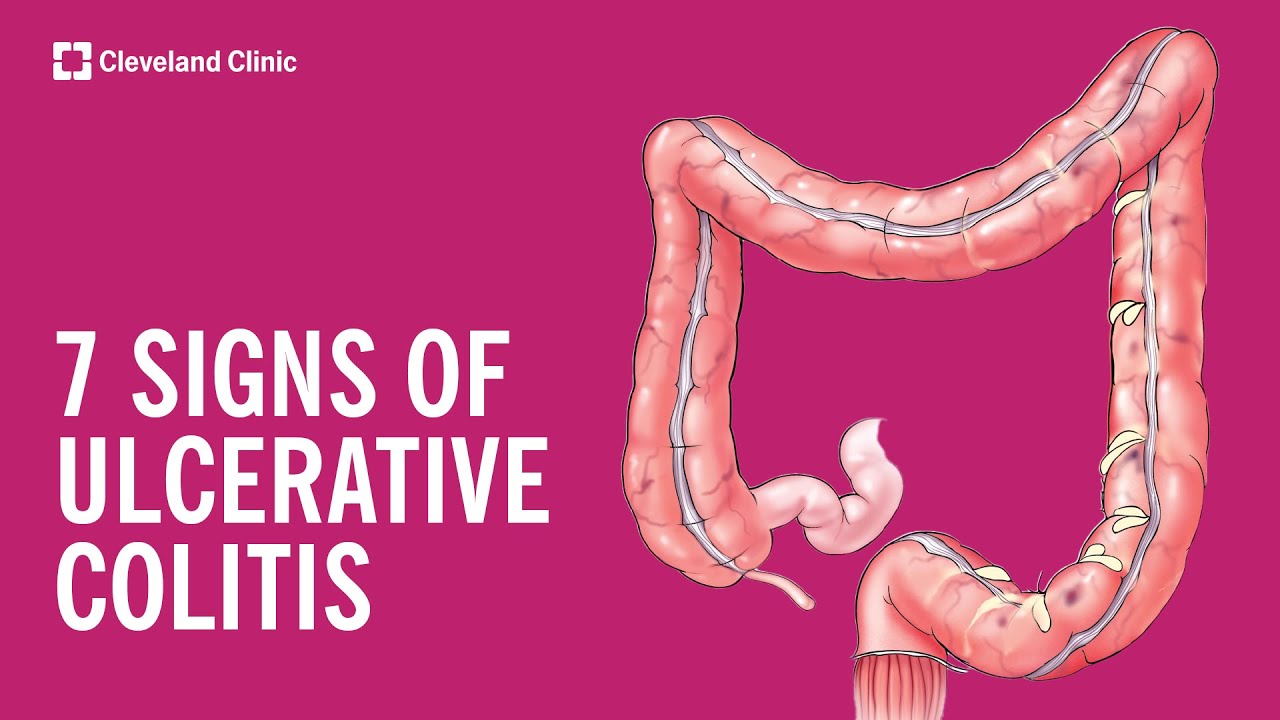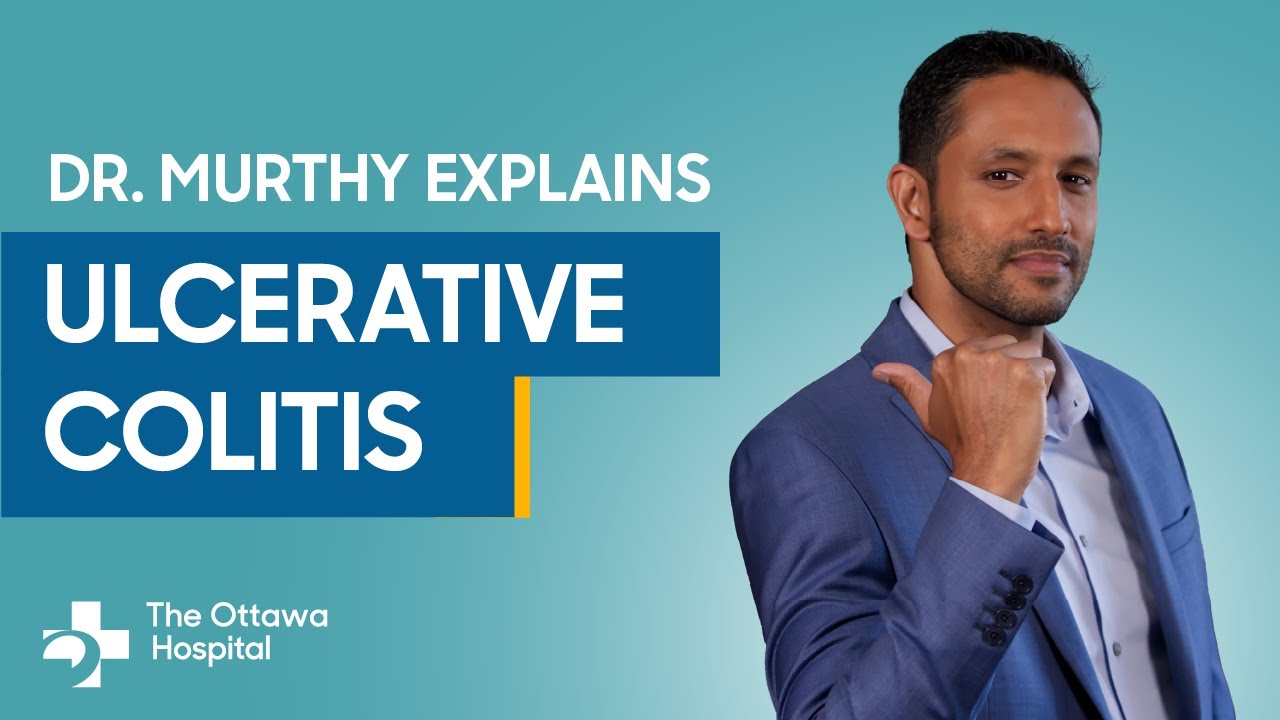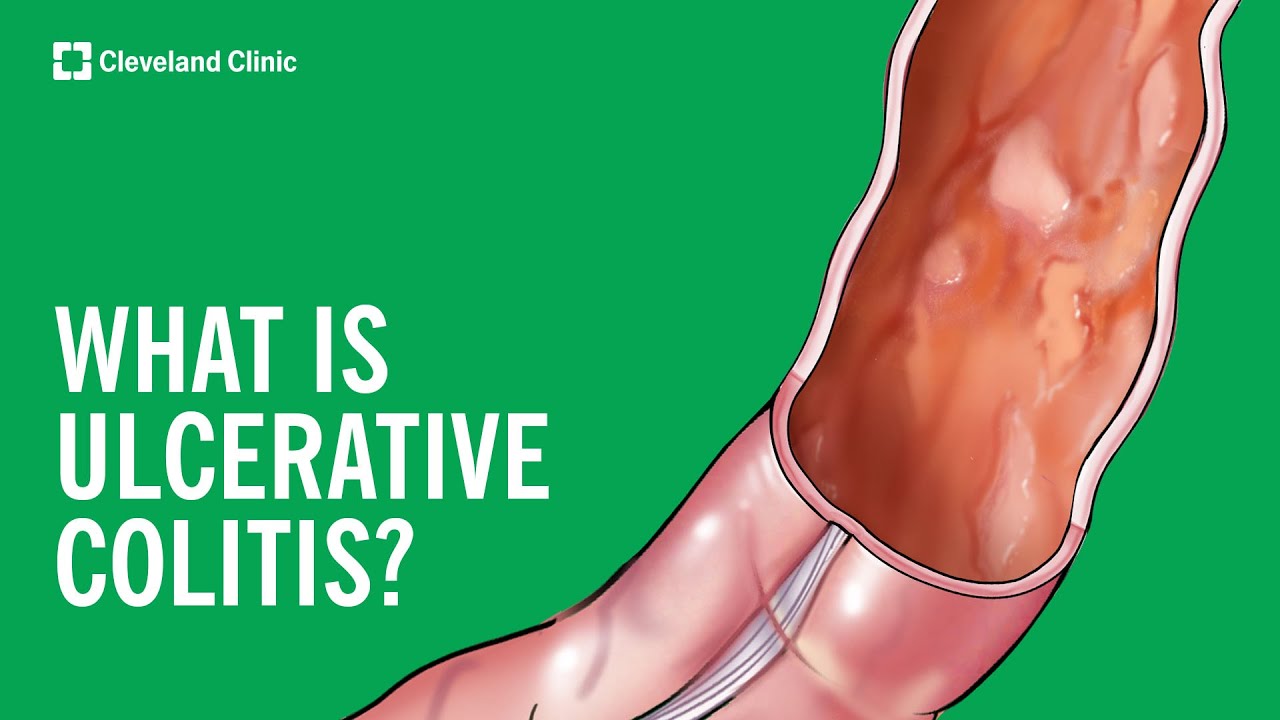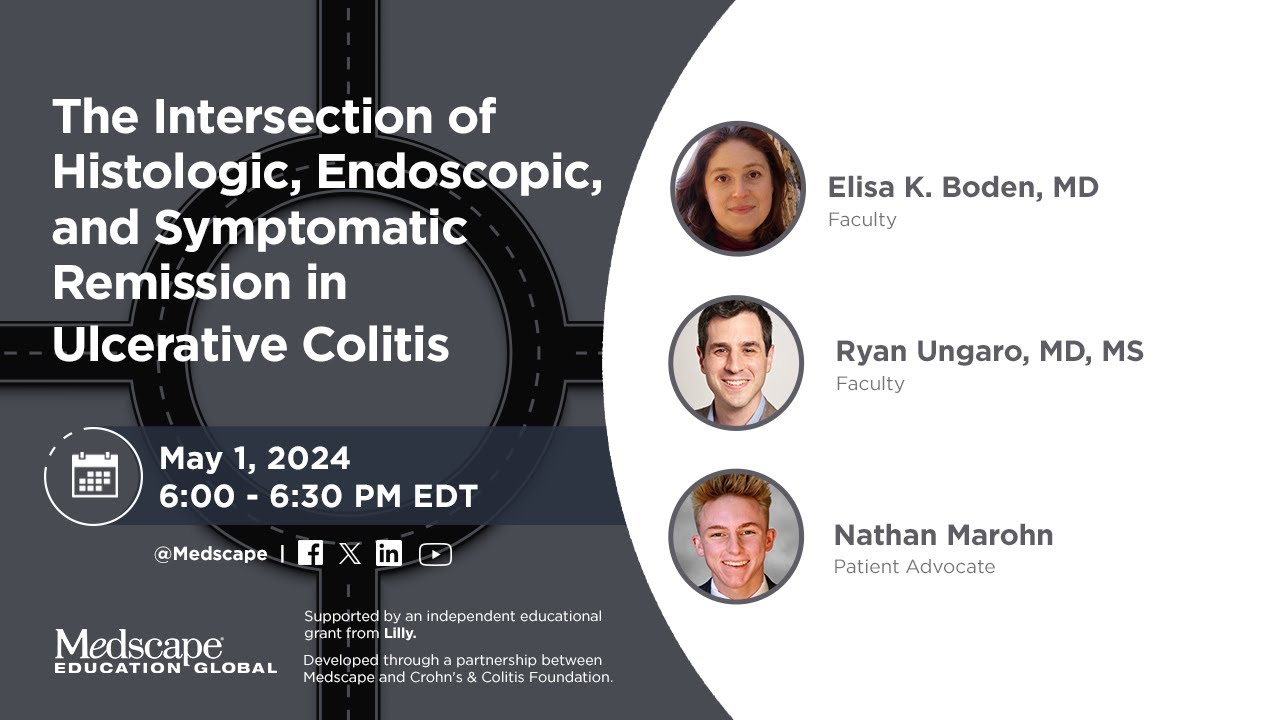Surveillance guidelines may miss early cancer in IBD patients
Reuters Health • The Doctor's Channel Daily Newscast
Guidelines of the American Gastroenterological Association and the British Society for Gastroenterology recommend that cancer surveillance be started 8-10 years after a diagnosis of Crohn’s disease or extensive ulcerative colitis, or after 15-20 years for left-sided disease.
“These starting points, however, are not based on solid scientific evidence,” Dr. F. P. Vleggaar and colleagues state in the September issue of Gut.
To gauge the interval between onset of IBD and diagnosis of colorectal cancer, the researchers analyzed records included in an automated pathology database. The study cohort comprised 149 patients with a total of 166 carcinomas treated at Dutch university medical centers between 1990 and 2006.
Intervals between diagnosing IBD and colorectal cancer ranged from 0 to 45 years. In 17% of cases, colorectal cancer was diagnosed as a result of surveillance colonoscopy. In the remaining cases, the initial causes of diagnosis included non-surveillance colonoscopy, increased symptoms, incidental findings in colectomy specimens, stenosis, and abnormal laboratory findings.
The results showed that 22% of patients developed cancer before the “official” starting points of surveillance at 8-15 years after diagnosis of IBD. The proportion grew to 28% if surveillance was commenced 10 or 20 years afterwards.
“Surveillance guidelines largely based upon disease duration therefore seem to be insufficient and need to be expanded,” Dr. Vleggaar, at University Medical Center Utrecht, and colleagues conclude.
They instead advocate surveillance based on stratification of patients according to risk factors, including disease severity, early age of IBD onset, family history of colorectal cancer and pseudopolyps. “Integration of these features with biomarkers of colorectal neoplasia may prove to be a fruitful approach for the future,” they add.
In an editorial, Dr. Charles N. Bernstein at the University of Manitoba in Winnipeg, Canada, agrees that in some cases, patient symptoms and history justify early screening, and he advises “gastroenterologists to consider a surveillance colonoscopy prior to 8 years if the opportunity presents itself.”
Nevertheless, he points out, “broadly revising a starting point for initiating screening at less than 8 years might incur costs that far outweigh the benefit to the very few who might benefit.”
Reference:
Gut 2008;57:1194-1196,1245-1251.







